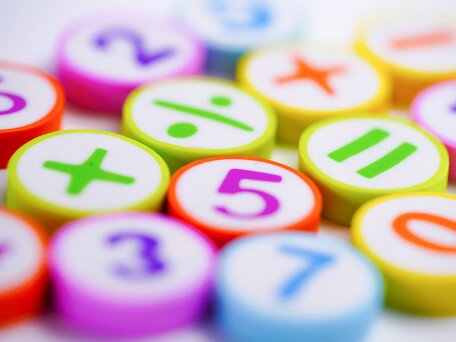Relationships among parental beliefs, home numeracy activities, young children’s numeracy skills and interest
- 項目計劃:
- 優配研究金
- 項目年份:
- 2019/2020
- 項目負責人:
- 張森烱博士
- (幼兒教育學系)

This project therefore aims: (1) to develop and validate scales for measuring parents’ beliefs regarding numeracy learning and the frequency and quality of home numeracy activities; (2) to examine the relationships between parents’ beliefs, the frequency of home activities, and children’s skills and interest; (3) ... ...
The Education Bureau encourages parents to engage in young children’s learning and advocates the use of a play-based, constructivist learning approach. Some parents, however, are not active or still use drill-and-practice to guide children to learn numeracy skills. Regretfully, there is no efficient research tool to assess the quality of home numeracy activities. This project therefore aims: (1) to develop and validate scales for measuring parents’ beliefs regarding numeracy learning and the frequency and quality of home numeracy activities; (2) to examine the relationships between parents’ beliefs, the frequency of home activities, and children’s skills and interest; (3) to investigate whether the links between parents’ perceived responsibility and home activities are subject to parents’ mathematics anxiety and numeracy learning belief; (4) to establish whether the links between home activities and children’s skills vary among families with different socioeconomic status; and (5) to consider whether parents from lower or higher socioeconomic status families engage their children in higher quality home activities, and whether these activities are more or less beneficial to children’ numeracy skills. The project will consist of three phases. In Phase 1, 30 parents engaging their children in four activities will be observed and they will be interviewed about their home practices. The collected data will then be used to construct items for scales on frequency and quality of home numeracy activities. In Phase 2, through distribution of questionnaires to 210 parents, administration of tests to their children, and observation of parent-child interactions in two activities, the scales developed in Phase 1 and an existing scale on numeracy learning belief will be validated. Upon finalizing the scales, in Phase 3, questionnaires will be distributed to 360 parents and tests will be administered to their children. The proposed model of the relationships between parents’ beliefs, home numeracy activities, and children’s numeracy skills and interest will then be tested. The project will end with deliverables of two simple yet valid scales to assess the frequency and quality of home numeracy learning activities. The project’s findings should contribute to our knowledge of the reasons why some parents recognize their responsibility but rarely engage children in home numeracy activities, as well as the types of home activities and style of interactions that are conducive to developing children’s numeracy skills and interest. These, in turn, should help educators and policymakers identify parents who would benefit from programs about how to support children’s numeracy learning.








